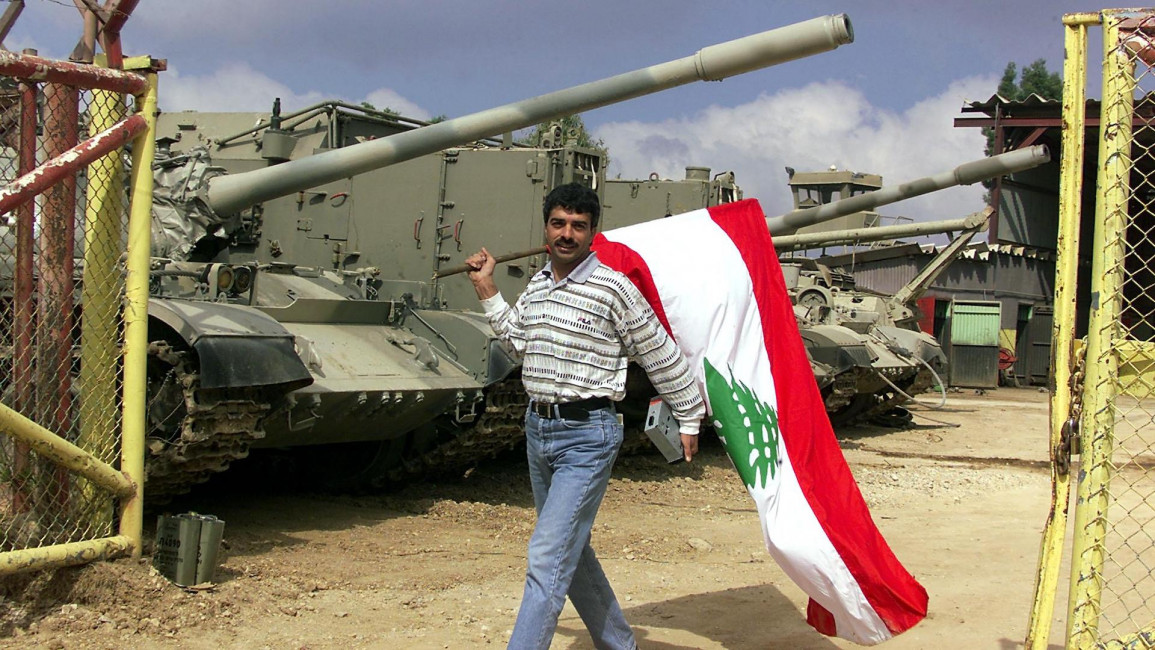Lebanon marks 19th anniversary of 'victory against Israel' day
Lebanon's top political and army leaders congratulated the country for its 'historical victory' against Israel, which was forced to withdraw its troops on May 24, 2000 after persistent attacks by Lebanese resistance factions that included the Communist Party, Arab nationalist parties, Sunni Islamists and the powerful Hizballah group.
Lebanon has since marked May 25 as a national holiday.
In a speech, Lebanon's President Aoun said that Lebanon’s triumph over Israel 19 years ago was “living proof that the will of the people would in the end prevail over tribulations, injustice and occupation, and would fight any violation of their rights ... no matter which country may stand in its way".
In turn, Army head Gen. Joseph Aoun described Resistance and Liberation Day as a “bright day in the history of Lebanon that crowned years of struggle, steadfastness and heroism.”
Israel invaded Lebanon in 1982 to intervene against the Palestine Liberation Organisation led by Yasser Arafat, who was eventually driven out from Lebanon. However, a costly war of attrition ensued, claiming the lives of thousands of Israeli soldiers and Lebanese collaborators.
Twitter Post
|
Despite its withdrawal, Israel continues to occupy strategic hills and plains claimed by Lebanon. The two countries also have disputes over their maritime borders, with implications for Lebanon's attempts to exploit its offshore hydrocarbon resources.
In 2006, Israel launched a war on Lebanon after Hizballah captured Israeli soldiers to trade them for prisoners.
The month-long war killed more than 1,200 Lebanese, mostly civilians, and more than 160 Israelis, mostly soldiers.
The war came to an end with a ceasefire agreement that saw the deployment of a reinforced UN peacekeeping force and the Lebanese army to the border under UNSC resolution 1701.
The border has since been relatively calm, despite the recent discovery of alleged Hizballah underground tunnels.
Follow us on Twitter: @The_NewArab



